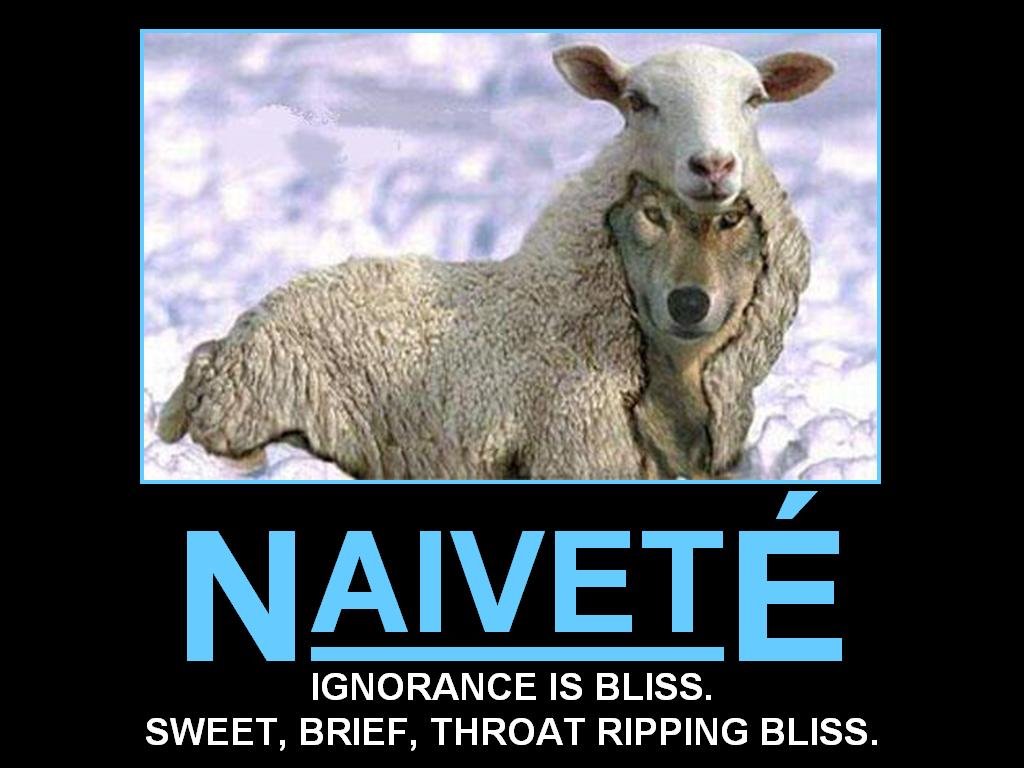As I said in the Subject line, this is purely hypothetical.
What do you think would happen if the WTBTS leaders decided to reboot some of the organization's more controversial practices. Not that they would deny their claims to be Jehovah's earthly representatives, nor the key elements of their eschatology; but in administrative outlooks. For example:
- Members are free to visit whatever churches they wish for research or social purposes such as weddings or funerals. Jesus frequently interacted with the Jews at the temple and found occasions to teach them gospel truths. Jehovah's first right He gave to Adam and Eve was free agency and the right to act as they thought appropriate. We encourage our people to act responsibly at all times and with civility.
- Despite our controversial stand on giving and receiving blood for medical purposes, we now feel it appropriate to make it a matter of personal conscience, and a decision to be made after much prayer contemplation. It is clear that Jehovah God forbade the barbaric and apostate practices of drinking blood during pagan or satanic rituals, but at the time He gave these instructions, the medical use of blood to save human lives was unknown. Certainly, no rational person can equate the medical use of blood with apostate worship, and the Jehovah has not made His will known to us in relation to this matter and therefore we are reversing our previous stand and are making it a matter of personal conscience.
- After prayerful consideration, we have determined to reverse our position on shunning. We cannot bring our wayward people back into the fold if we deliberately create distance between them and us and generate hard feelings between family and friends. There are serious sins people commit that may require special consideration by the congregation, but this must be addressed on a case-by-case by the leaders and peers of the sinner, who will help that person to repent through both love and discipline when necessary.
- Also after careful study and prayer, we now openly invite all followers of Christ within the Organization to partake of the emblems of the Memorial Supper. Further, we are not to forbid or discourage outsiders or visitors from partaking as this ceremony is, as it is known as The Memorial, the way we remember the sacrifice of our Lord and Savior Jesus Christ.
You get the idea.
If these and other reforms, like emphasizing higher education for its youth and decreasing missionary demands on its members, were implemented, do you think they would increase activity and interest in the Society or would they spell its demise? How would the general membership react to reforms even though the doctrine and claims remained intact?
